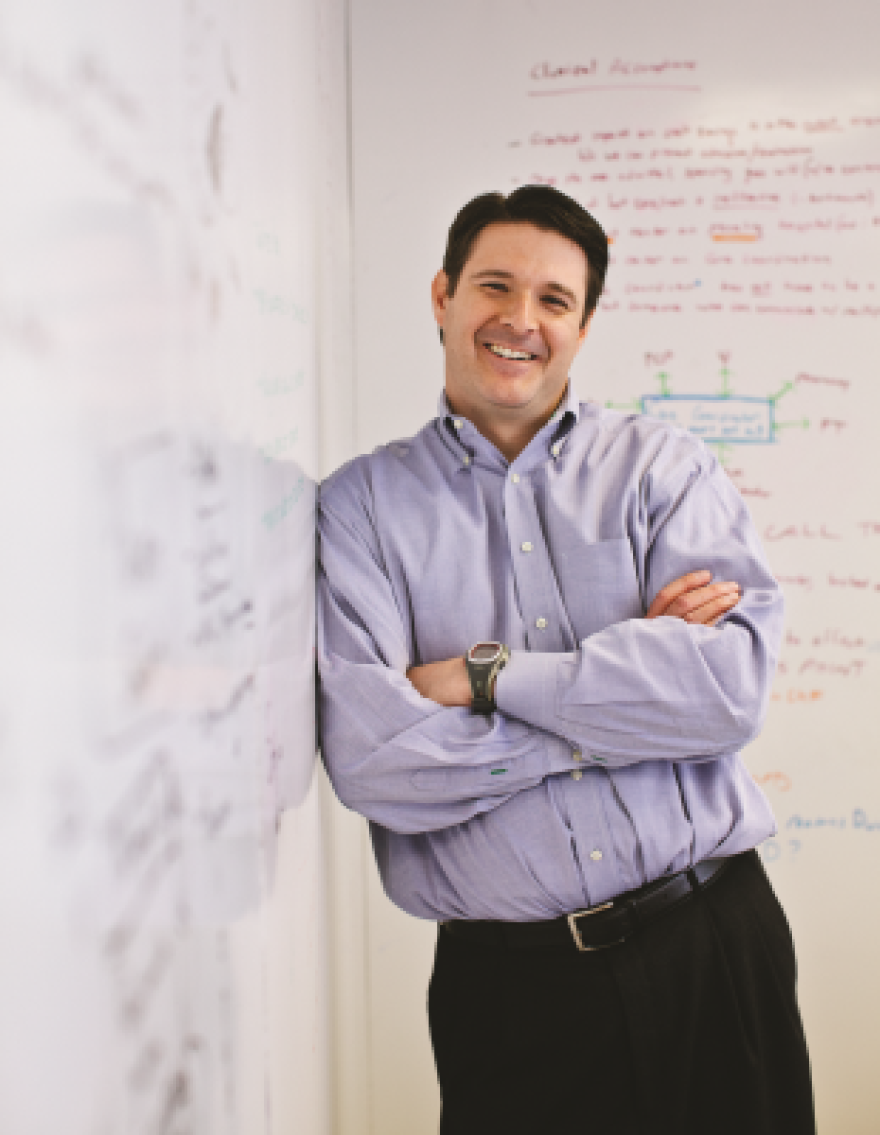On this edition of ST on Health, guest host John Henning Schumann speaks with Dr. David Kendrick of OU-Tulsa. Dr. Kendrick is the University of Oklahoma Health Sciences Center's Assistant Provost for Strategic Planning, an associate professor of internal medicine and pediatrics, and a Kaiser Chair of Community Medicine at the University of Oklahoma School of Community Medicine at OU-Tulsa. (You can read his full bio here.) Dr. Kendrick is also the CEO of MyHealth Access Network, a regional nonprofit --- and an impressively expanding one, with more than 2 million patients throughout Tulsa and its various surrounding communities --- that works to link health care providers and their patients in a digitally-driven information network aimed at improving the health of patients, reducing inefficiency and waste, and coordinating care more effectively. Per the MyHealth Access Network website, this organization, which only got underway a few years ago, is a "coalition of more than 150 health care organizations in northeastern Oklahoma, with a goal to improve health care quality and the health of area residents while controlling costs. MyHealth Access Network...is one of a select few national sites receiving a three-year federal Beacon Community Award from the Office of the National Coordinator for Health Information Technology. We seek to encourage greater communication and coordination among care providers through expanded use of health information technology and health information exchange. Partners include: hospitals; first responders; employers; public leaders; health insurance companies; university medical systems; tribal health systems; safety-net or essential care clinics; physician practices; laboratories; public health organizations; pharmacies; patients; and specialists." Dr. Kendrick tells us all about his remarkable MyHealth collective --- how it began, how it's funded, what its primary goals are, what its business model is, and why it was created in the first place --- on today's installment of our show.
StudioTulsa on Health: Dr. David Kendrick and MyHealth Access Network





